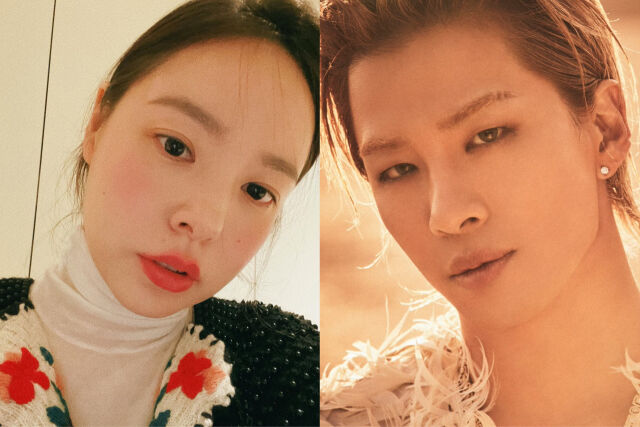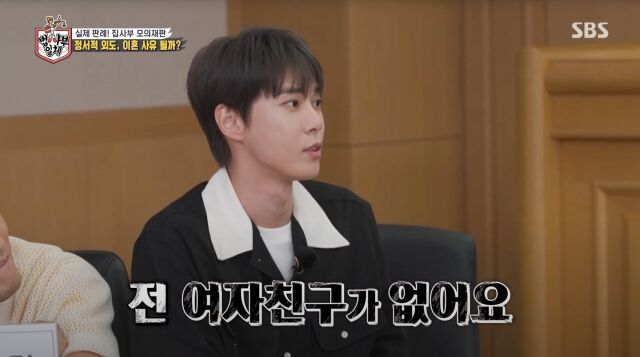Idol romances continue to spark heated discussions. While some couples receive congratulations, others face intense criticism. What causes such disparate reactions to seemingly similar relationships? The romantic lives of idols are not merely personal matters but complex issues intertwined with fan dynamics.
Relationships involving well-established idols are generally accepted more readily. These artists have built trust over time, narrowing the gap between their stage personas and real-life identities. Their romances are seen as a natural part of life rather than a deviation from their public image.

Couples like Taeyang and Min Hyo Rin, as well as Yoon Bo Mi and Rado, are often cited as successful examples of public relationships in the K-pop world. Some of these success stories even culminate in marriage, garnering support for their mature partnerships. Fans tend to respond positively, believing that these idols have earned the right to pursue love. This shift reflects a change in fan perspective from possessiveness to companionship.
Conversely, relationships revealed during the early stages of an idol’s career or when their fandom is still growing often face severe backlash. If the timing or manner of disclosure appears careless, some fans interpret it as a lack of dedication or even betrayal. Idols at this stage are often entrenched in a pseudo-romance construct, and the revelation of a genuine relationship can shatter this carefully maintained fantasy. Cases like Jennie and Kai, Juyeon and Shin Si Ah, and Karina and Lee Jae Wook exemplify this phenomenon. Once the illusion dissipates, their love becomes an uncomfortable reality for fans to process.

However, it is important to note that fans are not always fixated on these pseudo-romances or inclined to anger. Modern fandoms often see themselves as partners in their idols’ growth. They invest time, money, and emotional energy into supporting their favorite artists. What fans truly desire is the assurance that their devotion has not been in vain. Disappointment arises not when love fades, but when the perceived bond of trust is broken.
Today’s fandoms are more than just consumers. An idol’s image directly impacts revenue, and their romantic life, while personal, can pose significant branding risks depending on timing and approach. For idols, emotions represent not only genuine feelings but also strategic considerations, with the image of fan love being crucial for brand credibility.

Recently, idols who maintain strong boundaries around their personal lives have gained favor with fans. For instance, during a variety show, NCT’s Doyoung firmly stated that if he had a girlfriend… No, he doesn’t, he just don’t, clearly setting the limits. Fans praised his professionalism and commitment to his idol persona.
At award shows where multiple groups gather, even brief glances can spark rumors, making no contact an unspoken rule. For example, when ILLIT’s Wonhee inadvertently collided with ZEROBASEONE’s Park Gun Wook while greeting fans, her immediate and profuse apologies became a hot topic. Fans appreciated her adherence to these unwritten boundaries, finding her reaction endearing.
This atmosphere even affects collaborative performances. During stages with romantic concepts, idols may avoid eye contact or move robotically, ironically earning praise for their strict management and professionalism.
Ultimately, the varying reactions to idols’ relationships hinge on timing and trust. Fans are more likely to accept an idol’s romance when they believe that the artist is genuinely committed to their career. Idols must balance sincerity and responsibility in their relationships, while fans need to recognize and respect their idols’ personal growth and changes. For love to evolve from a taboo subject into an accepted part of an idol’s narrative, both parties must cultivate understanding and maturity.










